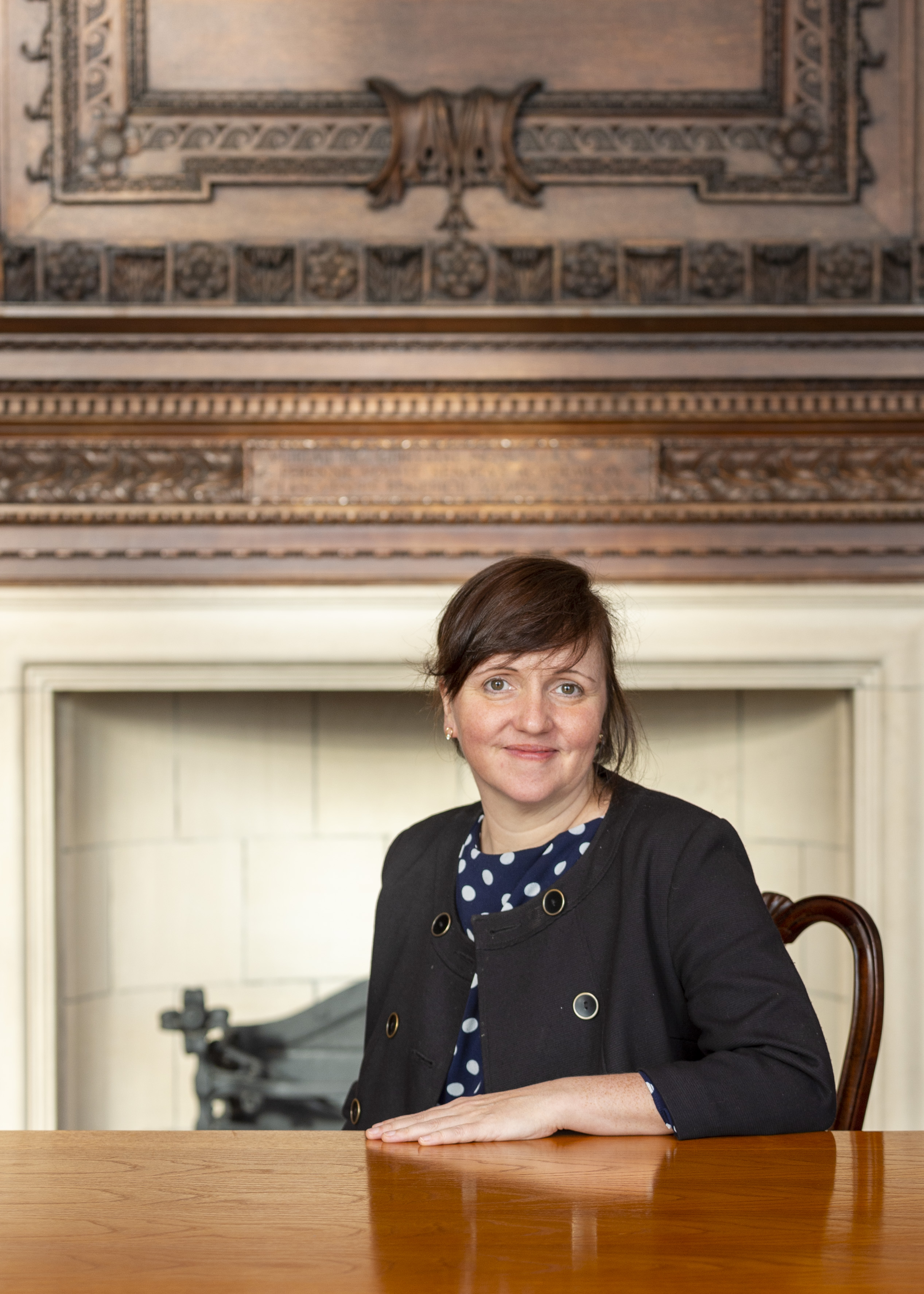Professor Emma Thomson
What was your personal experience of the Academic Promotions Process?
I was advised by senior colleagues, both outwith and within the University of Glasgow, that I should apply for promotion and I saw colleagues who I had trained with at a similar level reaching the stage of professor so decided to apply. I thought it was maybe a little early but was pleasantly surprised.
What advice would you offer to future applicants?
I think it can be difficult to gauge the timing of application for promotion yourself - it is important to ask colleagues for their opinion and listen to what they have to say. The main thing is once you have thought about it, make sure to do something about it - and do not be shy to ask for advice. I think that it is also helpful to have a career path in mind from an early stage.
In terms of your preparation and timescales, what top tips can you offer?
I thought about the application quite a bit in advance but left the writing until quite late - I would suggest to start earlier than I did - at least a couple of months in advance of the deadline. Other things can often take priority (especially if you are a clinician) but getting the forms right is obviously very important - there are several things to consider above the papers you have written and the committees you sit on. I like it that Glasgow University has recently prioritised collegiality - I think how you get to a promoted position is really important.
What advice would you offer those just embarking on their academic careers?
I would suggest that if you have a love of science and want to understand about how things work, sometimes for the first time, an academic career is one of the most rewarding that you can consider. I have benefited from many very strong advisors at every stage of my career - it is as important to select a good supervisor as to make sure that the scientific question is interesting to you. It is also important to work hard, to be very focused and determined but also to listen to advice - perhaps if your project wasn't funded the first time, it was for a good reason or perhaps you didn't explain it very well. Writing papers is essential - data sitting on your laptop will not help science move forwards until it is published (I'm not sure I have always got this right). Also, it is important to be rigorous in the pursuit of truth but not to avoid publishing because there are limitations to your study - these can be pointed out honestly in the paper and maybe you will find new ways to overcome the problems in the future.
How will your promotion affect the work you are doing?
I do not think the work changes - but it probably helps a bit to have a promoted position - people are perhaps a bit more likely to listen to you (for better or worse). It comes with a sense of responsibility also - in particular, to make sure that the next generation have opportunities and are well-trained.
What are your development plans going forward?
I plan to develop preparedness activities at the MRC-CVR, developing new ways of diagnosing emerging viral infections in the UK and abroad. At the CVR, I am lucky to have access to some of the most powerful sequencing technologies in the world and my close collaborating colleagues in Uganda have a similarly equipped laboratory. I would like to work with them to identify new and emerging viruses in patients presenting to hospital with fever and to contribute to the training of talented Ugandan early career scientists. Uganda is a hotspot for viruses that threaten the international community - including Ebola,Zika, Marburg, CCHF and Rift Valley fever. I would like to start to see my Makerere and University of Glasgow-trained PhD students reach professor level and discover new viruses in Uganda- then I can retire.


